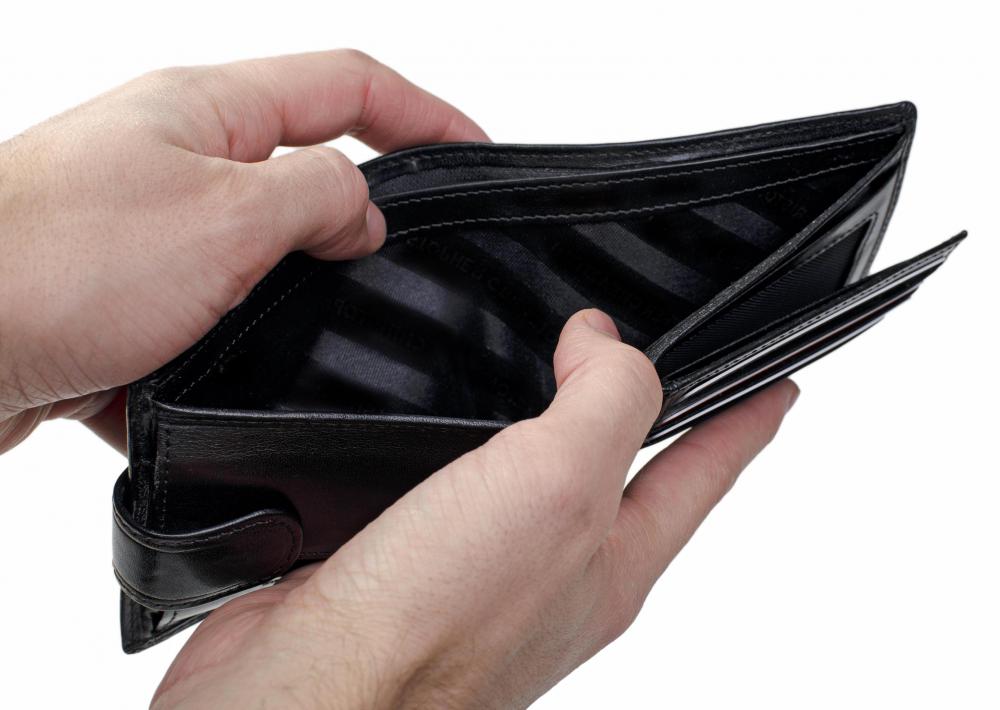At WiseGEEK, we're committed to delivering accurate, trustworthy information. Our expert-authored content is rigorously fact-checked and sourced from credible authorities. Discover how we uphold the highest standards in providing you with reliable knowledge.
What Is Compulsive Behavior?
Compulsive behavior is defined as an uncontrollable impulse or intrusive thoughts that force a person to perform an action repeatedly. These behaviors can occur alone or in conjunction with another mental health disorder. Some of the most common compulsive behaviors are shopping, gambling, and eating. When a compulsive behavior occurs due to another mental health disorder, it may be something as simple as repeatedly washing hands or involuntarily counting.
Many people can develop one or more compulsive behaviors without any other identifiable mental health issue. These are most commonly referred to as addictions, and a person may perform actions seemingly outside of his or her control on a regular basis. In many cases, a compulsive behavior can be detrimental to a person’s physical health, finances, or personal relationship. It can also occur as the result of a larger mental health issue, most commonly obsessive-compulsive disorder (OCD). For patients with this disorder, these actions often take the form of a ritual, and patients tend to lose their ability to function without engaging in the required actions.

One of the most common singular behaviors that are not related to a larger mental health disorder is a shopping addiction, often called compulsive buying addiction. People with this issue repeatedly buy items for themselves or others that are not necessary, feeling compelled to do so. A person with a shopping issue will make small or large purchases whether or not he or she has the financial means to do so. Many patients that compulsively shop report feeling a high when making a purchase, and then feeling depressed shortly afterward, prompting them to shop again.

Gambling is a well-known compulsive behavior, and is often thought of and treated as an addiction. Despite any negative effects on a person’s finances or personal relationships, he or she will gamble excessively no matter how many times he or she loses. A person who compulsively gambles will repeatedly make low- or high-risk bets, and is seemingly incapable of putting a stop to his or her gambling even when he or she begins to lose.

Many people suffer from a compulsion to eat. When eating is a compulsive behavior, a person will continue to consume food despite being full, and often utilize food to deal with issues in his or her personal or professional life. As with other compulsive behaviors, a person who cannot stop eating often does so without thinking about it, and, if he or she does contemplate the actions, he or she does not have the willpower to stop.

When compulsive behaviors are associated with a larger mental health disorder, such as obsessive-compulsive disorder, the compulsions may be less noticeable to outsiders. Common repetitive behaviors for those suffering from this disorder often include repeatedly washing hands, doing routine tasks in a set amount of time, or compulsively counting any number of daily items or actions. When any compulsive behavior is interrupted, for whatever reason, a person suffering from obsessive-compulsive disorder can have an extremely difficult time functioning until the ritual is complete.
AS FEATURED ON:
AS FEATURED ON:















Discuss this Article
Post your comments